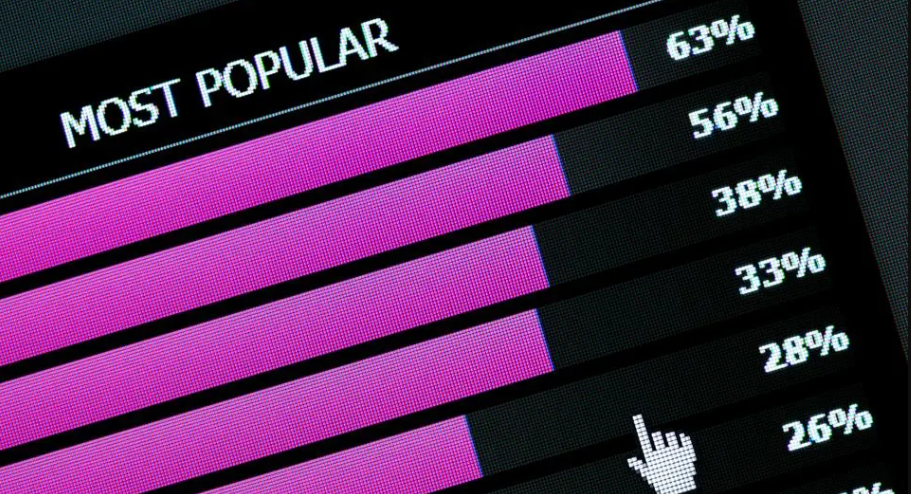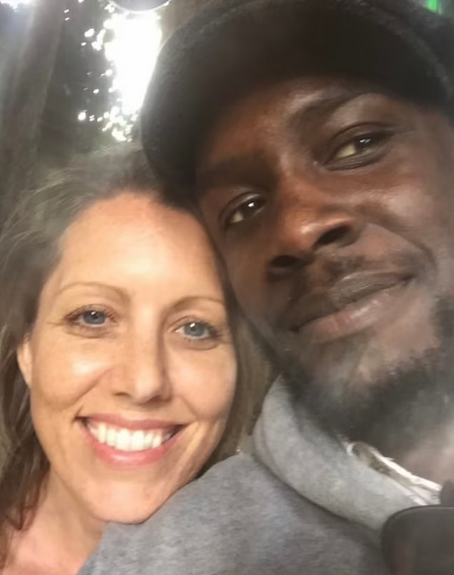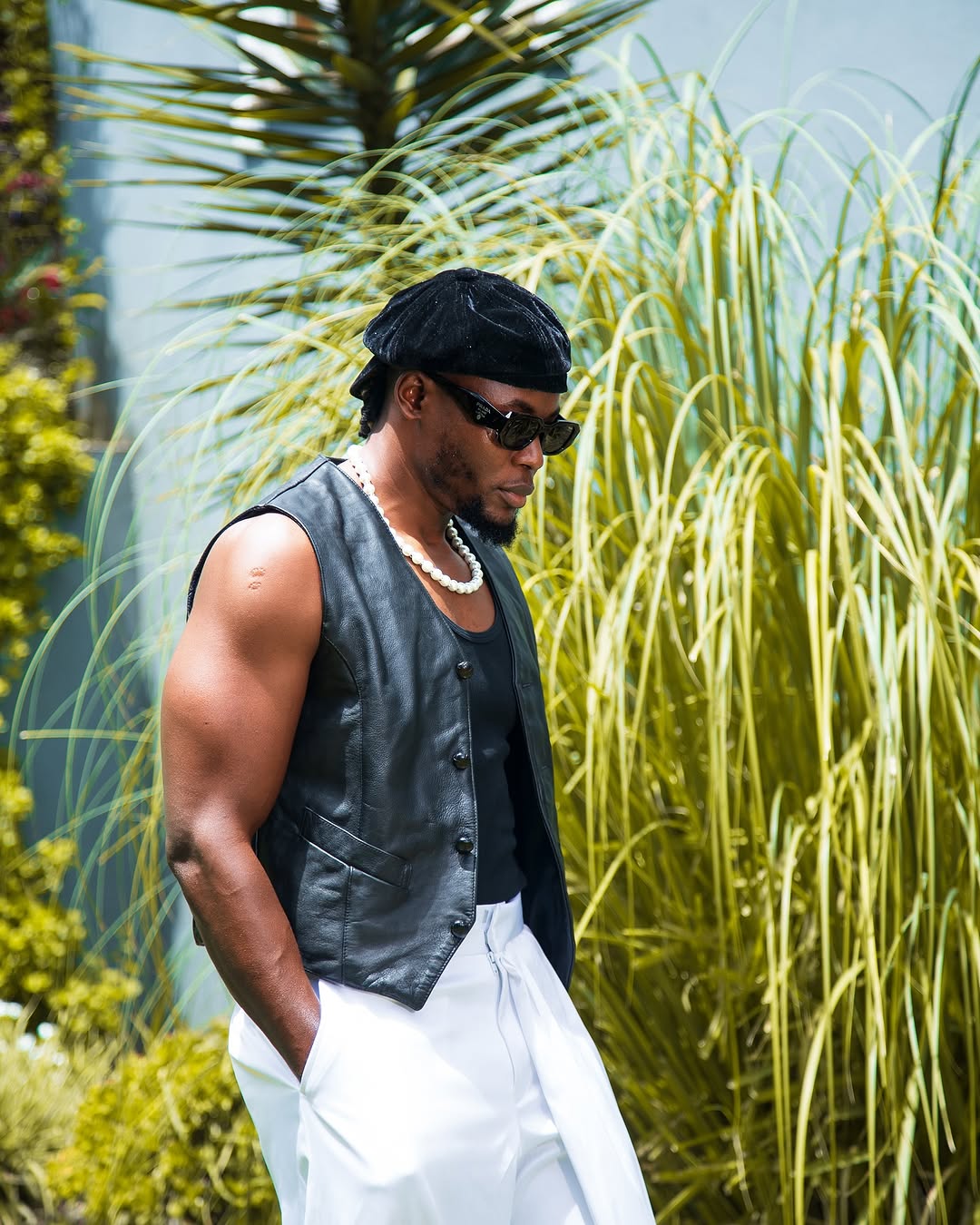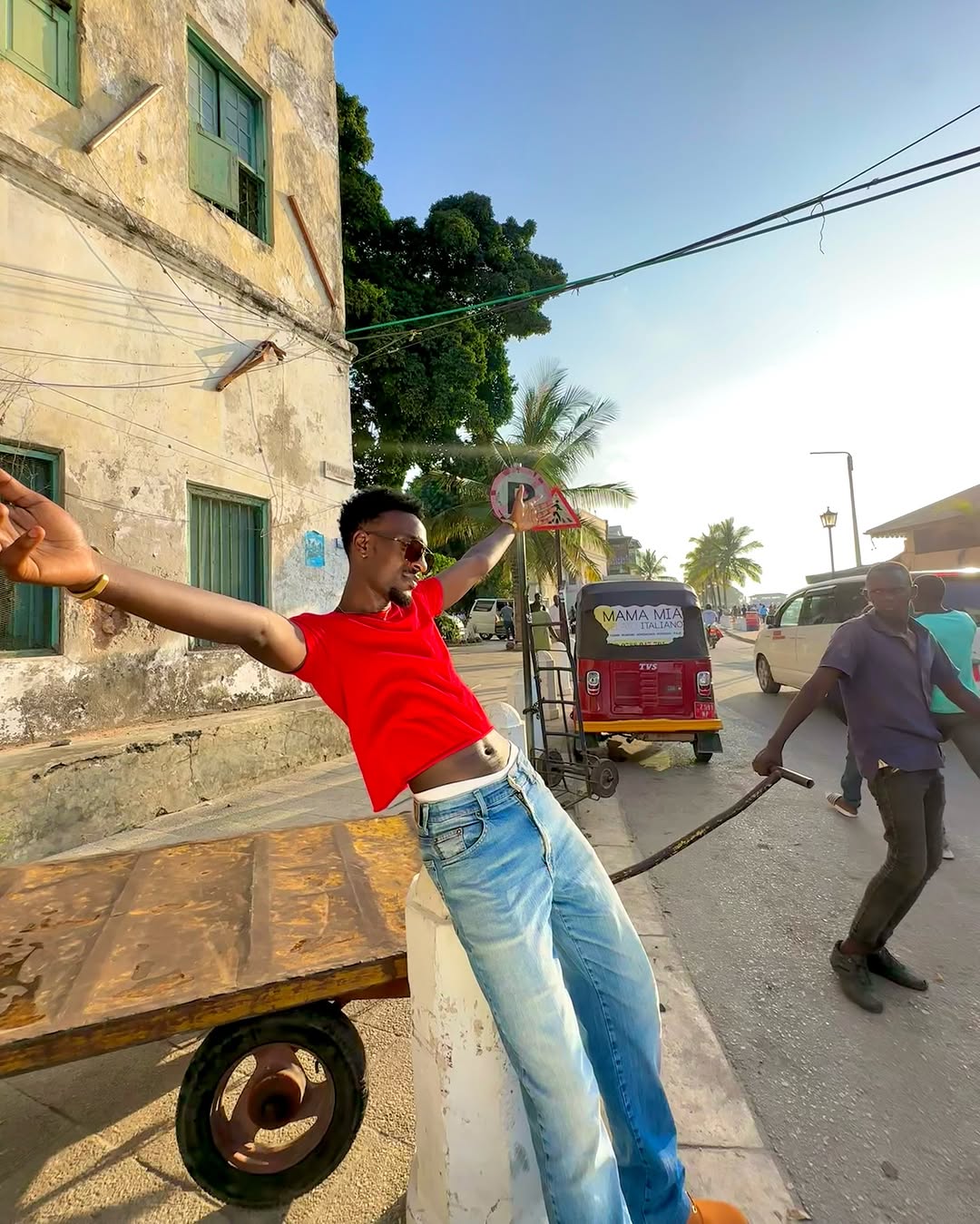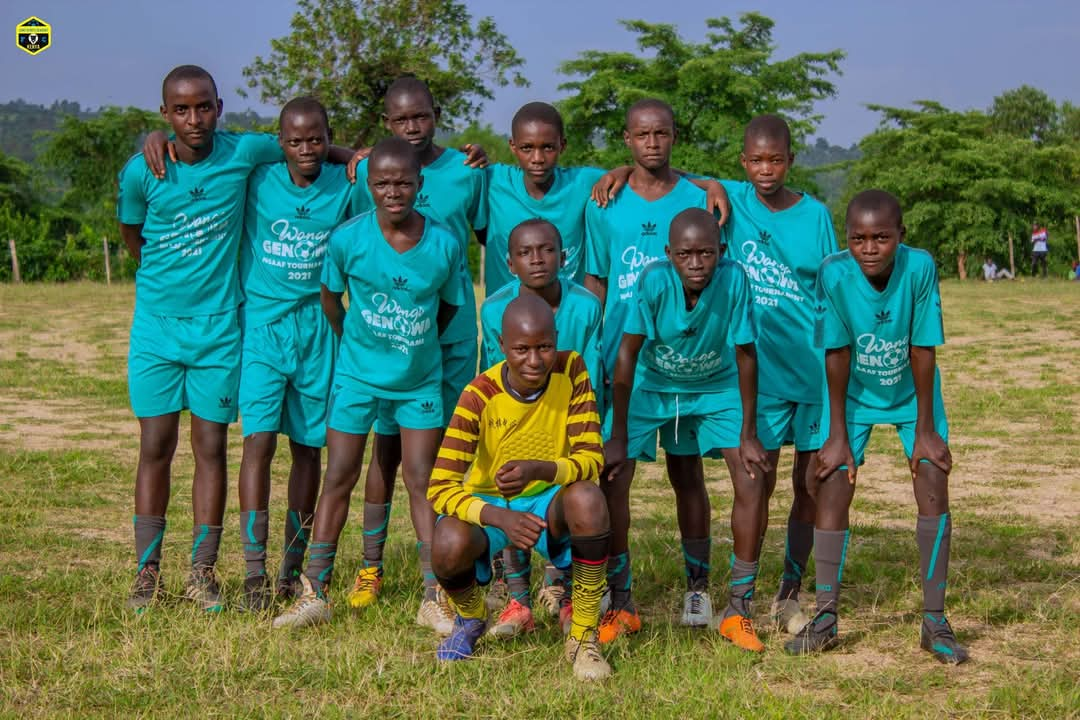Why Ruto is scared of Cleophas Malala’s Echoes of War
Here’s a rewritten version of the piece with a strong narrative flow and refined language, while preserving the core content and emotional depth:
Cleophas Malala’s Echoes of War Sparks Nationwide Controversy Ahead of Drama Festival
Echoes of War, a play penned by Cleophas Malala and slated for performance by Butere Girls High School at this year’s national drama festivals, has stirred widespread debate across Kenya.
Set in the fictional Royal Velvet Emirates—a Middle Eastern-inspired kingdom grappling with civil unrest—the play delves into themes of state control, repression, digital resistance, and the growing rift between progressive youth and a conservative ruling elite.
At the heart of the narrative is Mustafa, a university student and self-taught tech innovator, who embodies the aspirations and frustrations of a generation. His invention—a telemedicine app designed to bridge healthcare gaps—is dismissed by authorities as subversive. Rather than being hailed as a visionary, Mustafa is branded a digital rebel and imprisoned on charges of inciting unrest.
His journey from idealistic inventor to death row inmate mirrors the struggles of many young Kenyans navigating a system that often stifles innovation and dissent.
In a powerful scene before the Sultan, Mustafa pleads his case:
“I am not the problem. My generation is not the problem. We are just not understood.”
Adding a futuristic dimension to the play is Anifa Imana, an artificial intelligence entity portrayed with poise and precision. A digital oracle of sorts, she challenges tradition with cold logic and emotional depth. In a standout scene, she unveils a holographic pregnancy—not of a child, but of ideas:
“This womb pulses with the hopes of a generation,” she declares, delivering one of the play’s most unforgettable lines.
Her mother, Mama Anifa, embodies the emotional tension between heritage and change. A devout traditionalist, she is torn by her daughter’s radical views:
“You have no idea how hard it is to raise a daughter in this time and age,” she cries, her anguish highlighting the generational divide.
Presiding over the Velvet Emirates is the authoritarian Sultan, a symbol of unyielding power and fear. Convinced that youth-led reform threatens the nation’s unity, he orders Mustafa’s execution following mass protests sparked by social media:
“This boy must be executed. He has ruined our nation,” he proclaims from the opulence of his palace, which serves as a stage for power, betrayal, and eventual reckoning.
But in a dramatic reversal, Mustafa’s invention saves a life—an act that forces the Sultan to reconsider. Humbled by the transformative potential of youth and technology, he grants clemency and lends his support to Mustafa and Anifa:
“Let the rebuilding begin. Never again shall we dance to the echoes of war.”
Yet, Echoes of War resists the comfort of a happy ending. Before reconciliation can take root, the pent-up rage of a forgotten generation erupts. Youths burn down the police station and emergency hub in protest, culminating in one of the play’s most haunting visuals.
“We burn down this station to the ground!” Anifa screams as symbolic flames engulf the stage. The moment blurs the line between justice and destruction, leaving the audience to grapple with a sobering question: What is the cost of being heard?
Reactions to the play have been sharply divided. Some applaud its bold storytelling and relevance, while others argue it’s too provocative—and potentially inflammatory—for a school drama festival.
Regardless of the differing opinions, one thing is certain: Echoes of War is not fading into silence. Its message is loud, urgent, and still reverberating.

